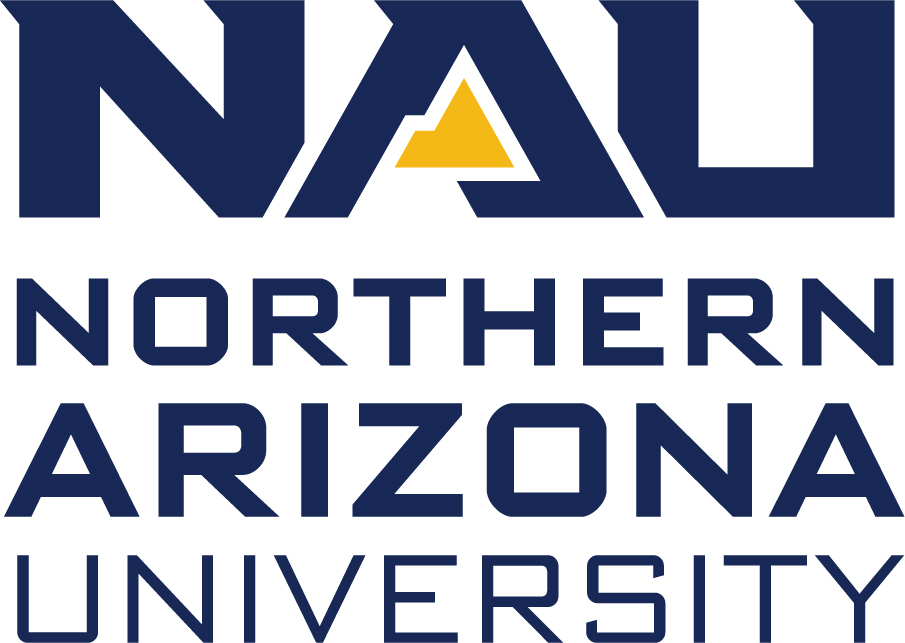Newswise — In the wake of the Francis Scott Key bridge collapse on March 26, most of the Port of Baltimore’s freight and oil terminals, East Coast and international supply chains may be at risk of a longer closure, according to supply chain experts from Northern Arizona University.
While the Port of Baltimore is a top-20 U.S. freight port, there are many alternative container ports on the U.S. East Coast that can be used to reroute freight, so freight delays likely will be limited to days or weeks, not months. However, because Baltimore produces much of its own fuel locally at oil refineries fed by crude oil imported through the port, fuel supplies will be under pressure in the area and fuel price increases—but not shortages—can be expected in Baltimore in coming months. Additionally, the large Domino Sugar refinery ships bulk product from the port, so modest sugar supply chain delays are possible in the eastern U.S. in coming months.
Experts Ben Ruddell and Richard Rushforth of NAU are available to speak further about supply chain challenges to come in Baltimore.
Experts:
- Ben Ruddell, director of the FEWSION Project and professor in the School of Informatics, Computing, and Cyber Systems; (928) 523-3124 or [email protected]
- Richard Rushforth, research scientist in FEWSION and assistant researcher professor in the School of Informatics, Computing, and Cyber Systems; [email protected]
Quotes:
- Rushforth: “Although many automotive manufacturers import parts through the Port of Baltimore, we expect that automotive manufacturers will be able to reroute parts quickly through other ports to avoid lengthy factory line shutdowns. The export of West Virginia coking coal may be the bigger story. Who is dependent on that coal for steel production?”
- Ruddell: “The FEWSION team expects major supply chain delays due to this bridge collapse, but those delays should be measured in days or weeks, not months. The abundance of alternative ports on the U.S. Atlantic provides redundancy and resilience and will expedite supply chain adaptation, limiting overall consequences from this disaster.”
What is FEWSION?
FEWSION, which is funded by the National Science Foundation, uses comprehensive data mapping to monitor domestic supply chains down to individual U.S. countries. It was developed to give government officials and emergency managers accurate information about their supply chains so they can be aware of the risks from hurricanes, pandemics, geopolitical issues and other factors that can affect supply chains, thus helping communities and states plan and give confidence to consumers as they understand how resilient their supply chains are. FEW-View™, the supply chain visualization website, is available to the public.
###

